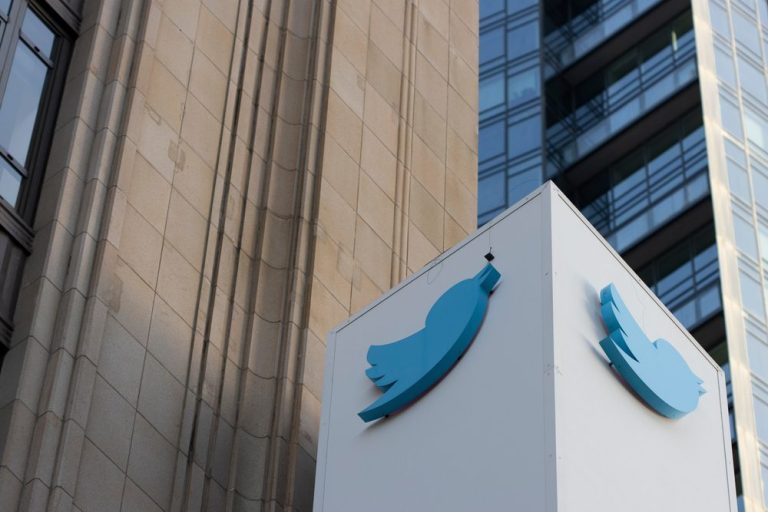Twitter Rebrands as X in Move Toward Becoming ‘Everything App’

Twitter is no more, at least on paper.
The social media platform has apparently merged with a shell company called X, the same name as CEO Elon Musk’s long-envisioned “everything app.” Musk appeared to acknowledge the change Tuesday (April 11) by tweeting the letter X.
A court document filed April 4 — and reported on Tuesday by Bloomberg News — said that Twitter “no longer exists” following the merger with X Corp. The document is part of a lawsuit in California filed last year by far-right activist Laura Loomer against Twitter and founder/former CEO Jack Dorsey.
It’s not immediately clear what the change means. PYMNTS contacted Twitter for comment and received the same “poop emoji” email response all media outlets get when they contact the company’s press office, a change put in place under Musk’s ownership.
Another proposed change: turning Twitter into a payments company to rival PayPal.
As noted here earlier this month, Musk has recently told employees he can see Twitter’s current value of around $20 billion expanding ten-fold as the platform becomes central to users’ financial lives.
An April 1 Wall Street Journal report noted that these plans echo Musk’s roots at the company that would eventually become PayPal. However, a $250 billion Twitter would dwarf PayPal’s valuation of around $85 billion.
“I think it’s possible to become the biggest financial institution in the world,” Musk said at a Morgan Stanley conference last month.
Last year, just before closing the deal to purchase Twitter, Musk tweeted that buying the company was “an accelerant to creating X, the everything app.”
But as noted here earlier this month, it’s one thing to imagine creating a financial ecosystem that encompasses banking, payments, app-driven activities and social media, but another to put it into practice.
“The PayPal blueprint is in place here,” PYMNYS wrote. “But there’s really not a quick and easy path toward even getting the payments piece of the puzzle in place. Twitter will have to go state by state, registering for a license.”
Other challenges can be seen through Apple’s ventures into the financial services space. As detailed in previous PYMNTS research, 75% of American retailers accept Apple Pay and nearly half of all U.S. consumers have iPhones.
But while the mechanics are available to entrench payments into Apple’s ecosystem, our research has shown that the tech giant garners only 2.4% of on-premise commerce.